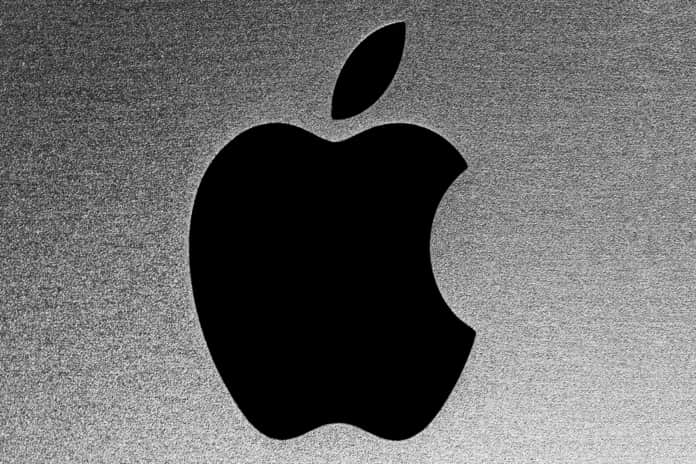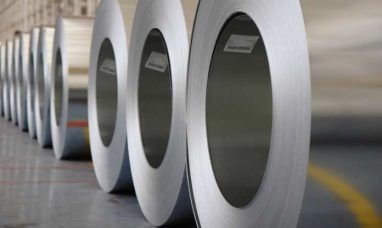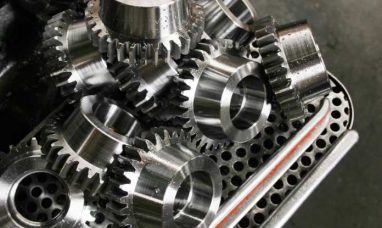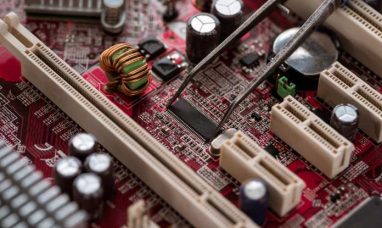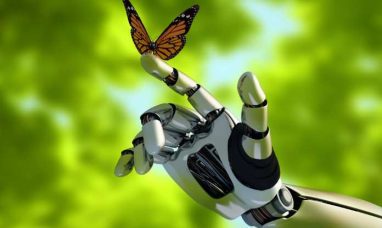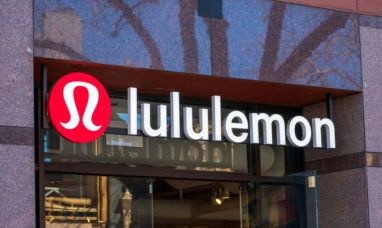Apple’s stock repurchase program is among the most active and extensive in the industry.
How come stock repurchases are always a hit?
When a corporation has spare cash, it will either pay dividends to its shareholders, repurchase its shares, or reinvest it in the business.
Since buybacks have more benefits than dividends, companies often pick them.
- Reducing the number of outstanding shares boosts EPS for the firm.
This often causes a rise in stock price since it reduces the firm’s P/E ratio. In a nutshell, it boosts the company’s perceived success and benefits us as shareholders.
2. Taxable account holders benefit greatly from stock buybacks.
Long-term capital gains are taxed at a rate of 0%, 15%, or 20%, depending on your tax bracket, and this rate applies to qualified dividends, with a range that includes almost all filers’ annual earnings, from $41,675 to $459,750 for single filers, which equates to a 15% rate and is the most common.
Corporations may avoid paying this tax on their shareholders by repurchasing shares instead of paying dividends. In this manner, shareholders will not incur a taxable event until they sell their holdings.
More advantages come as a byproduct, but let’s not get too mired in the details right now.
In what ways are stock buybacks now subject to an excise tax?
Throughout its development, the corporation tax rate in the US has undergone several shifts. The current rate of 21% is a historic low not seen since the 1940s. The rate of 35% dates back to 1993, and even earlier rates from the 1950s existed before the Tax Cuts and Jobs Act of 2017.
This has left some corporations flush with cash and stoke an explosion in stock buybacks, which has been welcomed by shareholders but criticized by other citizens and politicians. An estimated $850 billion was spent on buybacks that year.
Apple (NASDAQ:AAPL) is the market leader. The new excise tax seems straightforward, 1% of the value of any share repurchases made by a firm will be taxed.
What impact will the new tax have on Apple and its investors?
Apple (NASDAQ:AAPL) is repurchasing its shares at a dizzying rate. By the end of the fiscal year in 2022, buybacks will have cost almost $385 billion.
The $385 billion is 14% of Apple’s current market valuation.
The stock price has skyrocketed due to the dramatic reduction in the number of shares outstanding.
The new tax would cost Apple around $860 million each year at the company’s current repurchase rate.
For the fiscal year 2021, Apple’s net income was $94.7 billion. If there was a 1% buyback excise tax, the figure would drop to around $93.8 billion. Additionally, diluted earnings per share will drop from $5.61 to about $5.56.
Apple (NASDAQ:AAPL) stock is trading at 30.7 times the estimated earnings for fiscal 2021. If the same ratio were applied to the lower EPS number, the share price would decrease by about $1.50, which is hardly a market-moving amount.
Obviously, it’s not relatively that easy. There is no predetermined amount by which the stock price must decrease since many other measures used by investors to appraise companies will not be impacted.
What other opportunities does Apple have?
Apple (NASDAQ:AAPL) may go in numerous different directions.
First, with the tax not taking effect until 2023, firms are expected to considerably speed up buybacks until the end of 2022.
The second option is for businesses to repurchase just 99% of the initial budgeted amount and then use the remaining 1% to pay the tax. If money is your first priority, this is a fantastic strategy. Net income and earnings per share will still take a little hit.
Alternately, Apple (NASDAQ:AAPL) may decide to raise its dividend and reduce share repurchases. The corporation will pay less in taxes as a result of this. There are, however, two significant downsides to this. It will take longer for the number of outstanding shares to decrease, impacting earnings per share. Secondly, it places an increased financial strain on stockholders. This is worsened by the fact that many stockholders will be subject to a tax rate of 15% on these dividends, far higher than the 1% excise tax rate.
Then, what is the conclusion?
What an excellent predicament to be in when the only decision is how best to distribute billions of dollars in free cash flow to the shareholders.
The levy will likely seem like a minor inconvenience to the shareholders of corporations that spend a lot of money on buybacks. However, the corporation tax rate is now at a record low, and equities remain a popular means of building wealth.
Featured Image: Megapixl © Jordanstern









